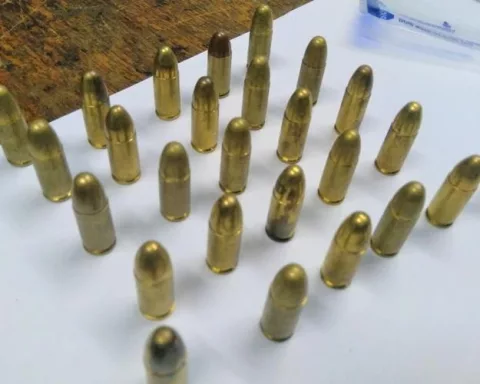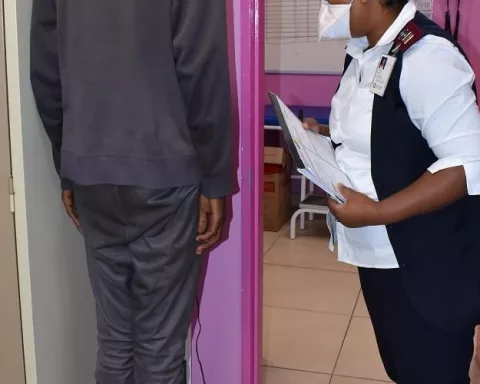On May 17th, World Hypertension Day and during May 15th to 21st, Salt Awareness Week, the Department of Health along with its stakeholders come together to address the concerning issue of hypertension or high blood pressure and the harmful practice of excessive salt consumption. Hypertension has been dubbed the “silent killer” due to the lack of symptoms in most cases, making regular health screenings vital.
The Importance of Awareness and Action
This year, World Hypertension Day follows the theme “Measure Your Blood Pressure Accurately, Control It, Live Longer,” while Salt Awareness Week emphasizes the importance of ditching salt for the sake of our hearts. Hypertension is a significant risk factor for death and is responsible for 13% of all deaths globally.
South Africa faces a particularly alarming situation, with nearly one in three adults living with high blood pressure. As a consequence, hypertension is responsible for one out of every two strokes and two out of every five heart attacks in the country. Although primarily affecting adults, increasing rates of obesity and related risk factors, such as diabetes and tobacco use, are causing younger individuals to experience hypertension.
The Health Risks of Hypertension and Excessive Salt Consumption
Uncontrolled high blood pressure increases the risk of heart disease and stroke, which are leading causes of death and disability worldwide. One of the primary culprits behind high blood pressure is excessive salt intake, which has also been linked to osteoporosis, kidney stones, and stomach cancer. Hypertension, in turn, is a cause of stroke, cardiovascular disease, and kidney disease, among other health problems.
South Africa’s Pioneering Role in Addressing the Issue
South Africa has taken a pioneering role in addressing this issue, becoming the first country globally to develop comprehensive, mandatory legislation to reduce sodium levels across a wide range of processed food categories. This effort involved extensive collaboration and cooperation among food industry members.
While South Africa’s salt reduction approach has inspired the world, more needs to be done to further decrease salt intake and encourage the food industry to lower salt levels in food products. Through raising awareness about the causes and risks associated with high blood pressure and excessive salt consumption, World Hypertension Day and Salt Awareness Week are vital tools in addressing this critical global health issue.
Taking Action: Prevention and Management
Alongside raising public awareness, it is important to improve the accessibility of regular health screenings for early detection of hypertension. Additionally, promoting a healthy lifestyle, including a balanced diet and regular exercise, is essential in preventing and managing high blood pressure.
Government and policy-makers can also play a significant role in addressing hypertension by implementing salt reduction policies and guidelines for the food industry, as well as supporting public education campaigns to highlight the dangers of excessive salt consumption.
Furthermore, healthcare professionals can take this opportunity to educate their patients about the risks and complications associated with hypertension and provide guidance on lifestyle changes that may help to prevent or manage the condition.
World Hypertension Day and Salt Awareness Week offer an opportunity to draw attention to the growing issue of hypertension and its association with excessive salt intake. By working together, governments, healthcare professionals, the food industry, and individuals can tackle this “silent killer” and improve the overall health and well-being of people around the world.












